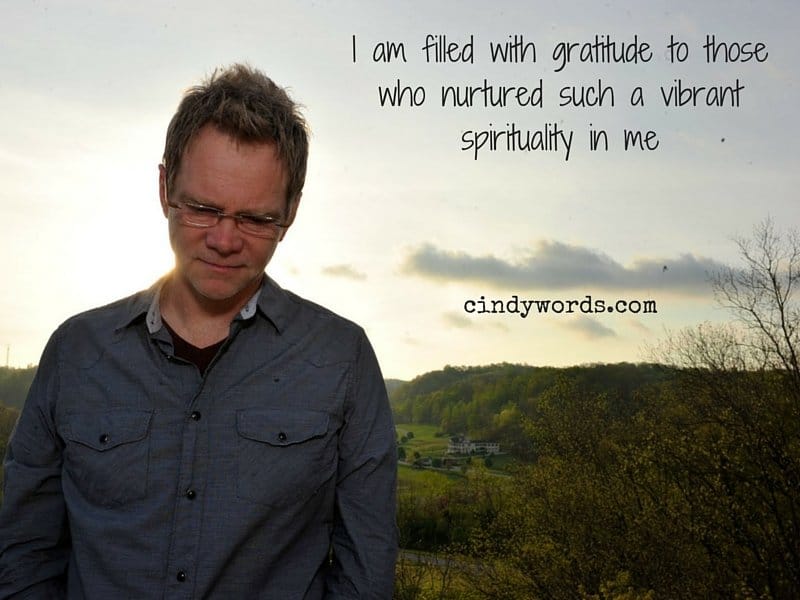
When Evangelicalism wasn’t all bad
November 24, 2015
Kathy Escobar endorsed my first book, Outside In. I asked her because she is one of my favorite authors. Her book, Down We Go, became a central lens and filter through which I viewed my faith. As a Christian, every conviction had to be tested through Kathy’s admonitions: am I going down in the way of Jesus? Giving power away, seeking the marginalized, favoring the oppressed?
If Down We Go was my guru and guide, her latest book, Faith Shift, became my therapist. Faith Shift is a book charting the common experiences of the way our faith evolves, or sometimes dissolve. I would not have been ready for this book even as recent as a year ago, when it first came out. Because I was still unraveling my faith and a formula of my faith experience was the last thing I would have wanted. I would have refused to be plotted on a chart, yearning as I was to break the confinements of my faith. And if this is you, this book is not for you yet either.
But in this season of my life, this book has helped me make sense of my own faith journey. I believe there is power in revisiting and telling our own story. Not only to face the ghosts of our past, but also because a deeper understanding of our own past propels us forward in the next chapters of our life with more purpose and with richer meaning.
I will be developing a blog series traveling the same path Kathy lays out in the book and applying it to my own faith story, and I hope you’ll not only follow along but reflect on your own faith shifting journey.
Part 1: Fusing
The very first stage of faith, from believing to learning to doing the Christian thing, is what Kathy calls Fusing. It is a time when you commit to the faith, figure out the subtleties of the culture, conforming to what is acceptable behavior, and forming a certainty of faith. What was most surprising to me about this chapter was the relief I felt, having been given permission to celebrate the fusing part of my faith journey.
Because I was converted as a child, when my faith began to shift, I rebelled against the identity that was formed in me before I had the adult faculties to make my own choices. I was angry, because before I developed enough critical thinking skills on my own, I was told to fear hell, fear outsiders, fear punishment. I was bitter because the so-called Christian adults in my life did not respect my gender, my race, my culture. The Christianity preached to me was a partial story and I was furious I was not given the whole Gospel.
I don’t know who I was angry at, because there was not one individual who I felt were intentionally trying to harm me. It was the system, the culture in which toxic elements brought irrevocable damage.
My heart remains soft and broken for those wounded by toxicity, especially when I see it continuing to do its damage today. But in my passion to see justice restored from the imperfections of the institution, I have forgotten how life-giving it was to me at the time.
I was the kid who lays awake at night at 7 years old thinking about death and the meaning of life. My Christian upbringing gave me the language to wrestle with those questions. And although I resent the certainty of doctrine now, when I was young it was something to grab on to, a life vest to wear as a child floating at sea. I learned to read the Bible, to pray, to worship, and to have deep spiritual conversations. Even at the height of my deconstructing cynicism, I could still hum a Steven Curtis Chapman song and feel the familiar, soothing balm on my soul. Nothing can replace the warmth of my mother evangelical tongue.
My community taught me to care for others, to resist the egotism of childhood and the teenage years, and to practice how to be a helping hand. Humility and service to others was the norm in my world, and I internalized those habits by being immersed in it. Becoming instinctively charitable is of tremendous value in our hurting world.
Because I was raised in a missionary community, I met Christians from all over the world. When I transitioned into life in America for the very first time, my Christian friends in America did not feel like foreigners to me, because we spoke the same language and shared the same experiences (you played chubby bunny too?!) Belonging to the universal church of God was and is dynamic and beautiful.
I am filled with gratitude to those who nurtured such a vibrant spirituality in me. But the same spirit that was breathed into my soul wasn’t quite done with me. Believing wasn’t enough. Learning became an insatiable beast. And doing, it was doing the Christian thing that started the discontented rumbling beneath the veneer of my good Christian identity. And it wasn’t long before that surface began to crack.
My faith was starting to shift.
*follow or subscribe for the rest of the series*



